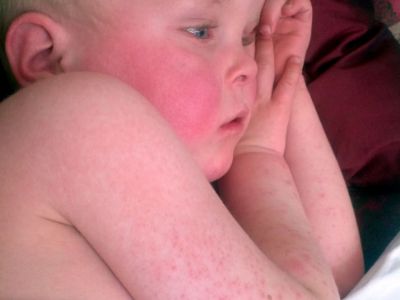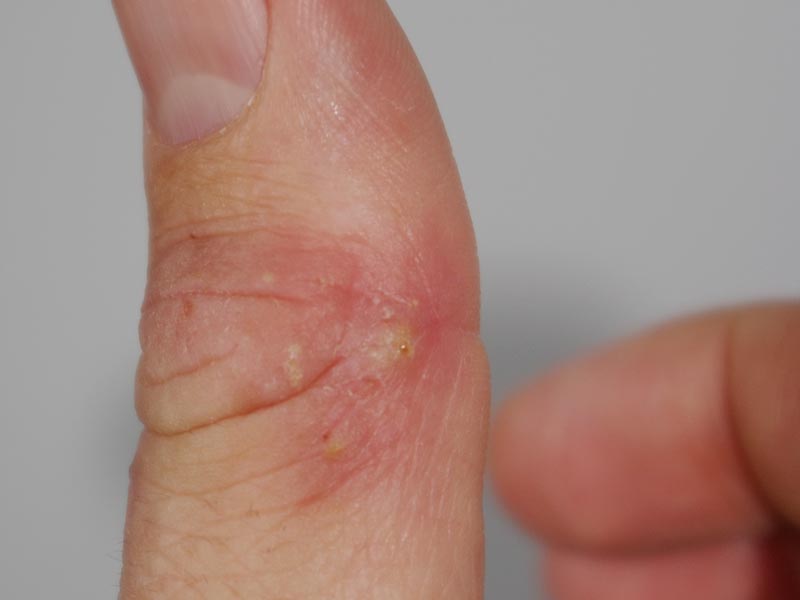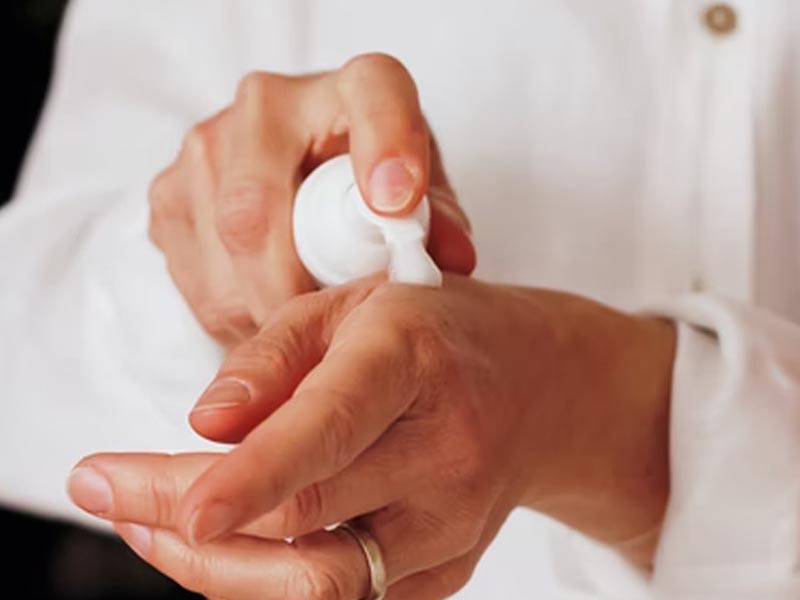Bacterial Meningitis
Bacterial meningitis can be life-threatening. This infection may cause the tissues around the brain to swell. As a result, it interferes with blood flow and can result in paralysis or even stroke.
Children between the ages of 1 month and 2 years are the most susceptible to bacterial meningitis. Adults with certain risk factors are also susceptible. You are also at higher risk if you have a weakened immune system, have sickle cell disease, or taking corticosteroids because of kidney failure. Additionally, if you have had spinal or brain surgery or have had a widespread blood infection you are also at a higher risk for bacterial meningitis.
What Causes Bacterial Meningitis?

Bacteria that cause bacterial meningitis are common in the environment and can be found in the nose and respiratory system without causing any harm. Several types of bacteria can cause meningitis. Leading causes may include:
- Escherichia coli
- Listeria monocytogenes
- Haemophilus influenza
- Neisseria meningitides
- Group B Streptococcus
- Streptococcus pneumonia
Vaccines are available that target many of these bacteria. For this reason, it’s important to know what’s causing meningitis. Even though all types affect the same area of the body, they can have different outcomes and need different treatments.
What Are The Symptoms Of Bacterial Meningitis?
The most common symptoms of Bacterial Meningitis are:

- Sensitivity to light
- A rash on the skin
- Bruising easily all over the body
- Feeling confused or sleepy
- High fever
- Headaches
- Painful, stiff neck with limited range of motion
These symptoms may occur in children:
- Lack of appetite
- Swelling of the head
- Frequent crying
- Vomiting from a high fever
- Irritability
- Seizures
The symptoms typically begin to appear quickly, within a few hours or up to a few days. You should go to an emergency room if you think you or your child have meningitis.
How Is Bacterial Meningitis Diagnosed?
You should seek immediate medical attention if you suspect meningitis.
A physical exam will be conducted by your doctor. A doctor will look for a purple or red rash on the skin. Your doctor will examine your hip and knee flexion and check your neck for stiffness. The doctor will have to determine whether the cause is bacterial, viral, or fungal, so a spinal tap will be ordered. The blood and urine from your body, as well as mucous from your nose and throat, may also be tested.
What Are The Treatment And Medication For Bacterial Meningitis?
Antibiotics are used to treat bacterial meningitis. Even before all test results are in, a general intravenous antibiotic with corticosteroids to bring down inflammation may be prescribed. Your doctor may decide to change your antibiotics when the specific bacteria are identified. Along with antibiotics, it will be important to replace fluids lost from vomiting, diarrhea, and sweating.
Medications that can be used for the treatment of bacterial meningitis:
Skin Care
Taking good care of your skin is important for more than just your appearance. As the largest organ you have, your skin is essential to your general health.
Appropriate skincare is essential because our skin is the largest blockade against infection that we have. Keeping our skin healthy and moist helps keep this blockade strong. Once the skin gets dry or irritated by harsh soaps, cracks in the skin might occur. Cracks in the skin make a person more prone to infection.

Common Skin Infections:
Skin infections are caused by a wide variety of germs and symptoms may vary from mild to serious. The following are the types of skin infections:
1. Bacterial Skin Infections
• Leprosy
• Boils
• Impetigo
• Cellulitis
2. Viral Skin Infections
• Chickenpox
• Shingles
• Measles
• Warts
• Molluscum contagiosum
• Mouth, feet, and hand disease
3. Fungal Skin Infections
• Diaper rash
• Oral thrush
• Nail fungus
• Ringworm
• Yeast infection
• Athlete’s foot
4. Parasitic Skin Infections
• Scabies
• Cutaneous larva migrans
• Bedbugs
• Lice

Tips On How To Take Care Of Your Skin:
The following skincare tips are from dermatologists which may benefit just about everyone:
• Before you go outdoors, apply sunscreen. Use it every day if possible. Sunscreen is the closest thing you have to a fountain of youth. It helps to slow down skin aging and prevents skin cancer. Use a sunscreen that offers broad-spectrum protection, water resistance, and SPF 30.
• Do not smoke. Smoke may make your wounds take longer to heal. Research also shows that smoking worsens some skin diseases including hidradenitis suppurativa and psoriasis.
• Check your skin for skin cancer. Skin self-exams help you find skin cancer early when it is highly treatable. If you notice a spot that differs from the others, make an appointment to see a dermatologist.
• Use a skincare product that matches the needs of your skin. The use of products formulated for your skin’s needs helps your skin look and feel its best.
• Resist the urge to scrub your skin clean. If you have a serious acne flare or you’ve been sweating heavily, it may seem natural to scrub your skin. Scrubbing irritates your skin which may worsen any skin conditions including acne.
• Wash your face gently. Gentle cleansing helps skin look its best. You may wash your face using lukewarm water. Wash your face before bed, when waking, and after sweating. It removes the dirt and bacteria that are on your face. In addition, remove your make-up before bed.
• Less stress. Find healthy ways to manage stress. It may benefit your skin. Some skin diseases such as eczema and psoriasis often appear for the first time when someone feels stressed. Stress may also cause flare-ups of several skin conditions such as rosacea, psoriasis, eczema, and acne.
• It is not recommended to use too many products. It can be harsh on the skin which may result in more breakouts and clogged pores.
• Moisturize your skin day and night. Avoid the use of lotions with heavy fragrances and make sure you find a gentle moisturizer for everyday use with zero irritation.




